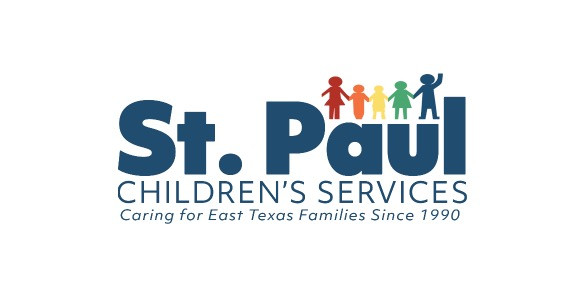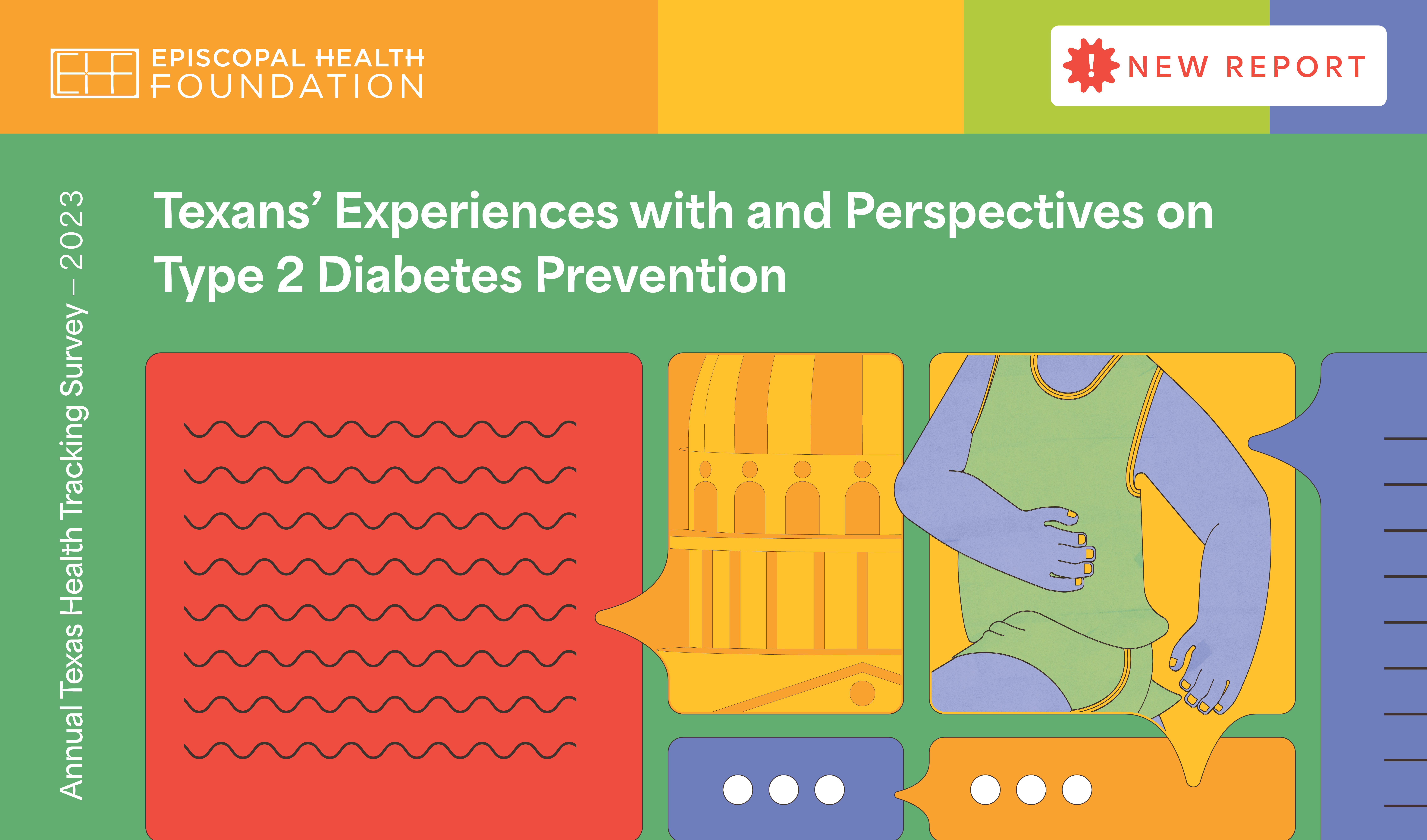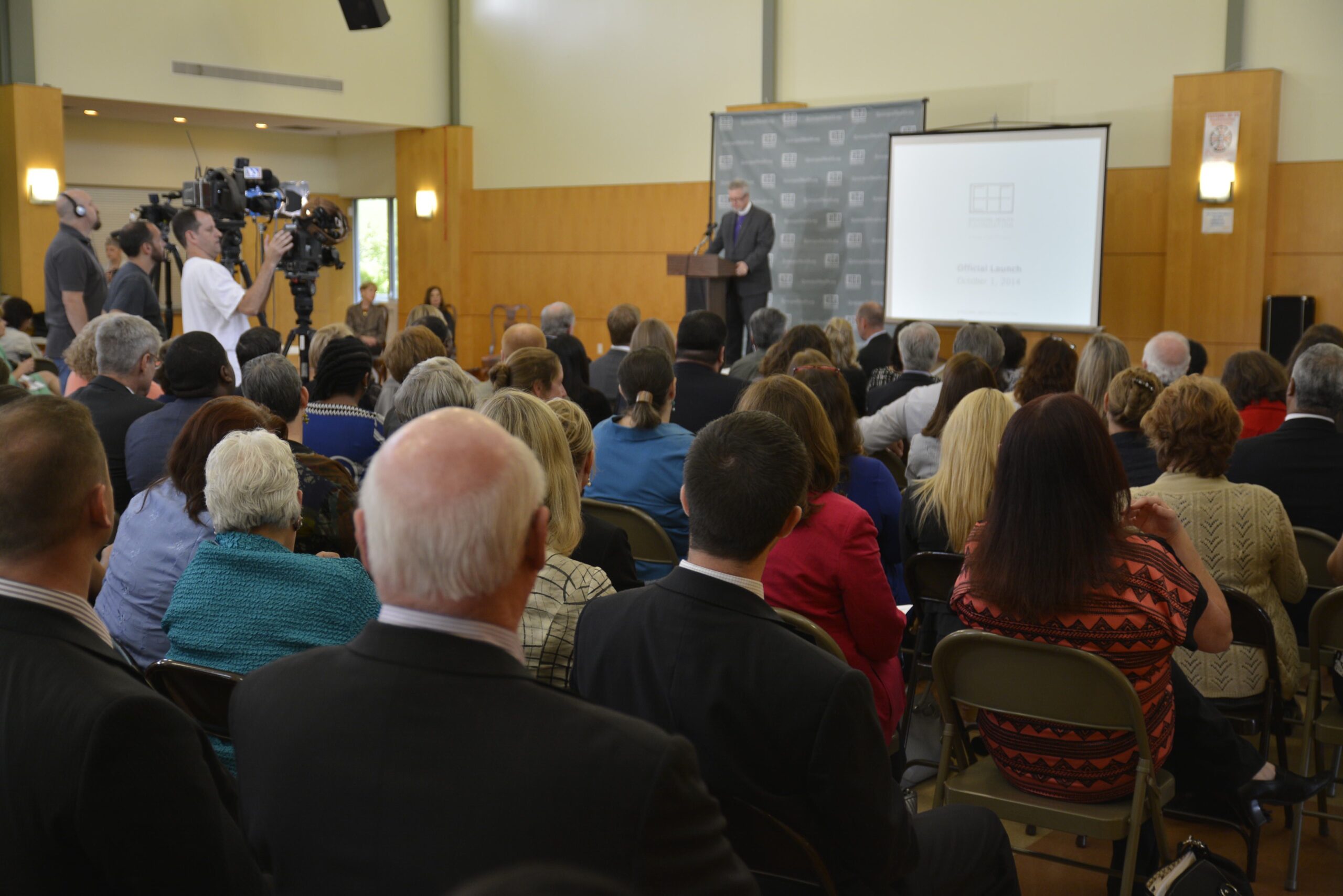Impact of Episcopal Health Foundation's
Strategic Plan, 2018–2023
Key Findings: Episcopal Health Foundation has become a leader in improving health, not just health care in Texas with a commitment to health equity. The foundation has worked to change the conversation and shift the collective mindset → to focus on overall community health, in addition to health care services, foster innovations →, and significantly shape the health agenda → for Texas.
Strategic Plan 2018–2030 Overview
In 2018, just five years after founding, EHF set an ambitious goal: help health care providers shift away from health care alone to a new focus on health that includes addressing the non-medical, root causes of poor health in communities.
| Goals | Strengthen systems of health by catalyzing health systems to be accessible, equitable, and deliver health not just health care. | Activate communities by strengthening organizations and congregations to build health-promoting communities | Build a foundation for a healthy life by investing in early childhood brain development |
|---|---|---|---|
| Outcomes | 1: Resource allocation and systems reform 2: Comprehensive care |
3: Community and congregation shape healthy communities | 4: Early childhood brain development (ECBD)* |
| Strategies | Support change in healthcare financing | Work upstream | Support comprehensive clinics | Strengthen rural health | Expand health coverage & benefits | Raise community voices | Support congregations in action |
Build brain development: Providers | Build brain development: Community Organizations |
Stewardship
The vision resulted in significant changes to how EHF approached its investments. It moved away from supporting downstream action, toward upstream community prevention efforts that addressed systemic drivers of health, focused on long-term investments, and leveraged its research and engagement capacities to maximize impact.
Between 2018–2023:
$195M
invested
519
grants
172
unique grantees
Investment by Outcome
EHF made investments—financial and non-financial—in every one of the original 57 counties of the Diocese
| Type of Investments | Count of Investments | Number of Individuals Attending | Number of Organizations Represented |
|---|---|---|---|
| Convening | 118 | 2,902 | 1,408 |
| Strategies | 177 | 3,527 | 1,067 |
| Total | 295 | 6,429 | 2,475 |
Cumulative Investments (financial and non-financial)
Hover over each county to view the number (financial + non-financial) of investments:
Shifting Mindsets to Overall Health

Building Capacity
As a leader in health, EHF helped build the capacity of grantees to serve more people, offer comprehensive care, shift services upstream, and/or prepare for value-based care.
EHF funding for comprehensive care clinics increased access to primary care sites and women’s health/family planning services in our 57-county service area and shifted mental health services to integrated behavioral health. Additionally, now, nearly every safety net clinic in the EDOT has developed the capacity to screen and refer for non-medical drivers of health (NMDOH).
Grantee Spotlights:


Community Centered Health Homes Initiative
EHF’s Community-Centered Health Homes (CCHH) Initiative, the foundation’s first major initiative, invested more than $10 million in 12 clinics over five years to build the capacity to engage in community prevention work, build authentic partnerships with organizations in their community, and take action to improve community conditions that affect health in their community.
8 of 12 clinics’ efforts resulted in:
12
environmental improvements
6
policy/systems changes
8
NMDOH programs in underserved communities
As a result of their participation in the Initiative, leaders at six of these community clinics have shifted their mindset about the role community clinics can play in promoting health. They have made a deep commitment to engaging in population health work and demonstrate an ongoing capacity and interest to maintain this work beyond EHF’s funding.
Grantee Spotlight: AccessHealth
Clinics Pathway Approach
EHF’s Clinics Pathway Approach (CPA) Initiative helps clinics redeploy resources to provide comprehensive services, address patients’ non-medical drivers of health, use population health approaches, and engage in community prevention, for better health outcomes at the patient and community levels.
Grantee Spotlight: Vibrance Health

Congregational Engagement
EHF’s Congregational Engagement work has engaged 150 congregations, 22 of which have risen to working at ‘transformative’ levels, where they are engaged in strong community partnerships to improve their communities.

- “Doing For”
- Short-term relief
- Charity-oriented outreach
- Building relationships
- Changing mindsets
- Community participation
- “Doing with”
- Strong community partnership
- Sustainable
Congregation Spotlight: St. Luke's Episcopal Church, Livingston
St. Luke’s Episcopal Church in Livingston felt called to address mental health needs in their community. After extensive trainings, made possible by EHF, St. Luke’s has established a Mental Health Initiative which offers support group for people on probation in a three-county area.
Fostering Innovation

Texas Accountable Communities for Health Initiative (TACHI)
TACHI supports sites as they move to center health equity and multi-sector partnerships by providing flexible grant-funding, site-specific technical assistance, site-directed learning opportunities, and refinement and evaluation of the ACH model within the context of Texas. TACHI aims to position collaboratives to advance community-led, financially sustainable strategies that address non-medical drivers of health that improve health outcomes. Read more about the support for TACHI sites here.
TACHI Site Spotlight: Greater Longview Optimal Wellness Collaborative (GLOW)
As a participant of the TACHI initiative, participants of the Greater Longview Optimal Wellness collaborative (GLOW) are utilizing the state’s platform for coordination among emergency responders (Pulsera) in a novel way to demonstrate its capabilities to identify high utilizers in the ER and assign a navigator to navigate those individuals to more appropriate, less costly care.
Early Childhood Brain Development*
Grantee Spotlight: Texans Care for Children

*EHF has been using the term Early Childhood Brain Development (ECBD) to describe one desired outcome of Early Relational Health (ERH). Over the years of funding this work, our language now more accurately reflects what many organizations practice. EHF is now positioned to better articulate the promotion of ECBD through the lens of ERH to benefit maternal and child health.
Shaping the Health Agenda for Texas

Managed Care Organizations (MCO) NMDOH Learning Collaborative
With support from the Episcopal Health Foundation and the Robert Wood Johnson Foundation, the Center for Health Care Strategies (CHCS), in collaboration with the Texas Association of Community Health Plans (TACHP), convened the MCO NMDOH Learning Collaborative. The collaborative was designed to help Texas Medicaid health insurance plans develop and implement strategies to address the non-medical, root causes of poor health for patients across the state. After several years of regular meetings, Texas released its first ever action plan to address NMDOH.
Passage of HB 1575
Signed into law in 2023, HB 1575 requires Texas Medicaid to develop a standardized, strengthened screening tool to help determine the non-medical health needs of pregnant Texans and their babies. The new law also allows community health workers and doulas to be reimbursed by Medicaid for their work to address those important needs through the state’s Case Management for Children and Pregnant Women program.
EHF-funded research helped provide evidence showing the significant influence of non-medical drivers of health on high-risk pregnancies in Texas. For example, a report by actuarial firm Milliman found that high-risk pregnancies are about twice as likely to have had a non-medical health need recorded on a health care claim as non-high-risk pregnancies. Researchers estimated that the health care cost in Texas for high-risk pregnancies was more than $770 million a year. The report was cited in committee hearings and in the official analysis of the bill.
Key Lessons
1
EHF’s deep relational approach has raised visibility and the reputation of the foundation.
2
EHF is a thought leader, finding alignment and generating action in key health policy areas.
3
Shifting systems and health outcomes takes time.
Feedback from Grantees and Partners
Research
Connections
Advocacy
Convenings
Multi-year Grants
Flexibility
Support, Not Direction
Raising Visibility
More from Episcopal Health Foundation

Empathetic calls improve diabetes control in low-income adults, study shows
The groundbreaking #HealthNotJustHealthCare work from Dell Medical School and Lone Star Circle of Care was funded by EHF.

EHF’s new statewide survey shows Type-2 diabetes is having a dramatic impact on families across Texas
Two thirds of Texans say type-2 diabetes is a major problem. See why the results from EHF’s first-ever survey on diabetes should prompt a call to action for prevention in Texas.

EHF celebrates 10-year anniversary of its official “launch”
EHF publicly announced its initial vision, goals, and strategies on October 1, 2014.